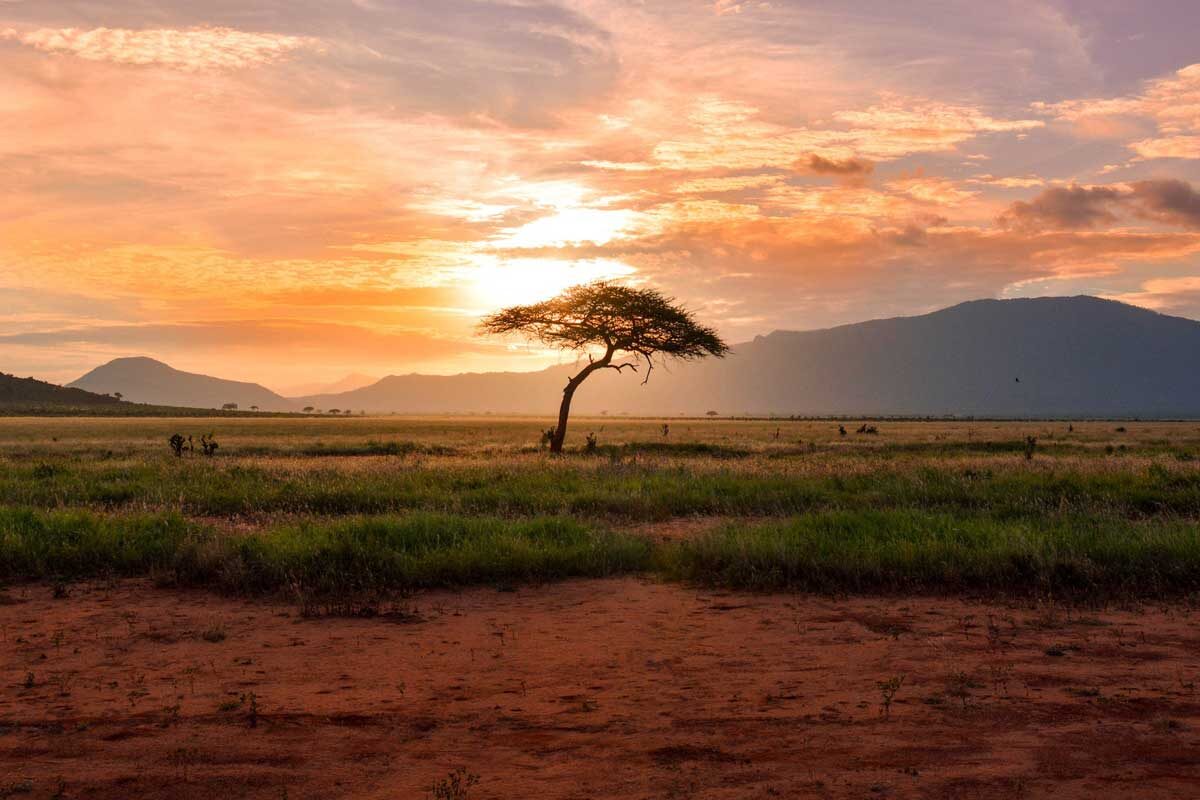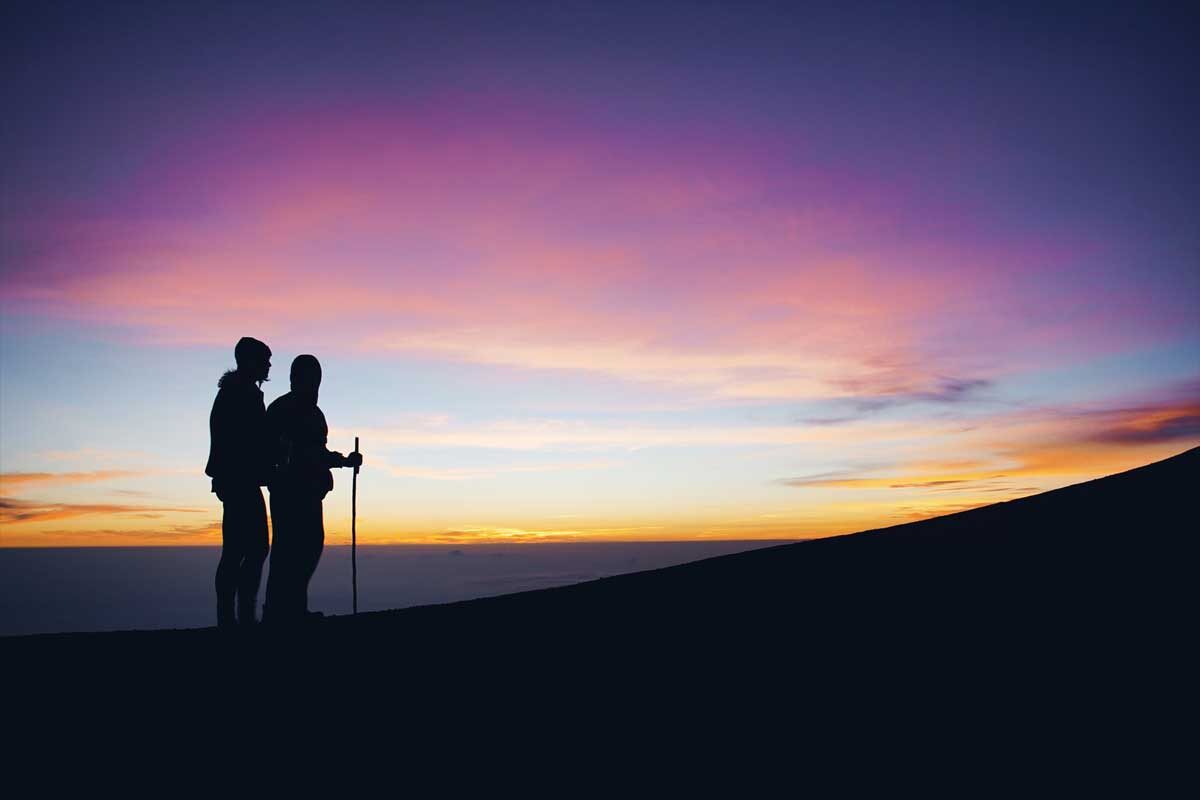Western Highlands
With habitats ranging from lowland forest to alpine grasslands and coffee plantations dominating the fertile valleys, Western Highlands Province is one of the most agriculturally productive regions of Papua New Guinea. Sing-sings are an important part of life for the local Waghi tribe, during which clans gather for ritual singing and dancing ceremonies.



